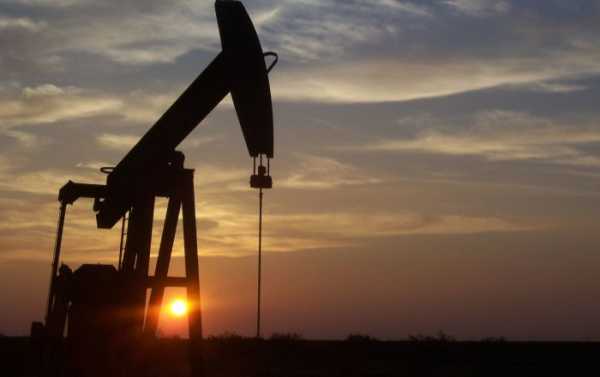
While urging Gulf Cooperation Council members to push ahead with economic reforms, the International Monetary Fund admitted that the new policy will have “a multitude of socio-economic consequences”.
The International Monetary Fund (IMF) has warned that Gulf states will be at risk of their oil wealth vanishing in the next fourteen years if they fail to undertake further economic reforms.
The study specifically referred to the Gulf Cooperation Council (GCC) of Bahrain, Kuwait, Oman, Qatar, Saudi Arabia and United Arab Emirates, which accounts for a fifth of the world’s crude supplies.
Apart from the diversification, the reforms should include reductions in government expenditure and the introduction of broad-based taxes.
Additionally, the GCC will have to reform their massive civil service sectors, and reduce public wage bills, according to the IMF.
The reforms are expected to come as the global energy market goes through a fundamental change, with climate change-related concerns prompting the world to shift to renewable sources, according to the study.
Gulf Region Tensions
The study comes amid simmering tensions in the Gulf region which were sparked by the standoff between the United States and Iran that has been in place since Washington’s unilateral withdrawal from the 2015 Iran nuclear deal in 2018.
In May 2019, four commercial vessels, including two Saudi Arabian oil tankers, were sabotaged in the waters off the UAE’s Fujairah, in what the US claimed was the work of Iran, which in turn denied the accusations.
In September, a drone attack on Saudi Aramco oil facilities caused major fires and partially disrupted the country’s oil production, affecting global oil prices. Washington again pointed the finger at Tehran which said that the allegations held no water.
Sourse: sputniknews.com






